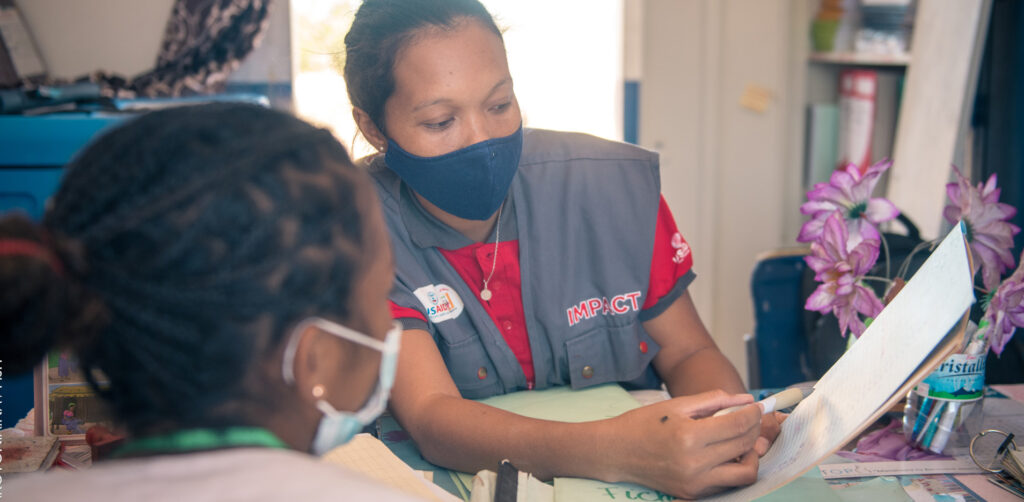Improving MNCH Supply Chain Performance in Malagasy District Pharmaceutical Warehouses through the SPARS Approach
Improving MNCH Supply Chain Performance in Malagasy District Pharmaceutical Warehouses through the SPARS Approach

Madagascar’s supply chain for maternal, newborn, and child health (MNCH) faces several challenges that hinder the availability and accessibility of essential commodities. One of these is inadequate training of pharmacies de gros du district (Pha-G-Dis)—or district pharmaceutical warehouses—staff, which leads to noncompliance with the Madagascar Central Medical Store’s (SALAMA) cyclical ordering and quarterly transportation schedule and inaccurate estimation of necessary MNCH commodities. Late and incomplete reporting of stock status data is further exacerbated by human resource and logistics constraints and the limited capacity of the Ministry of Public Health (MOPH) to oversee and evaluate the performance of Pha-G-Dis. These challenges impair the ability of the health system and MNCH supply chain to accurately quantify needs for all districts and for each district’s health facilities, to procure appropriate quantities of MNCH commodities for the population, and to effectively coordinate commodity dispatches across the country. This results in frequent stock-outs of essential MNCH supplies, impeding the sustainable availability of these commodities and ultimately affecting the quality of MNCH services.
To address these challenges, the Improving Market Partnership and Access to Commodities Together (IMPACT) Project adapted Management Sciences for Health’s (MSH) Supervision, Performance Assessment, and Recognition Strategy (SPARS) approach to the Madagascar context and implemented it in 78 Pha-G-Dis in the 14 US Agency for International Development (USAID)-supported regions to improve MNCH pharmaceutical management practices.